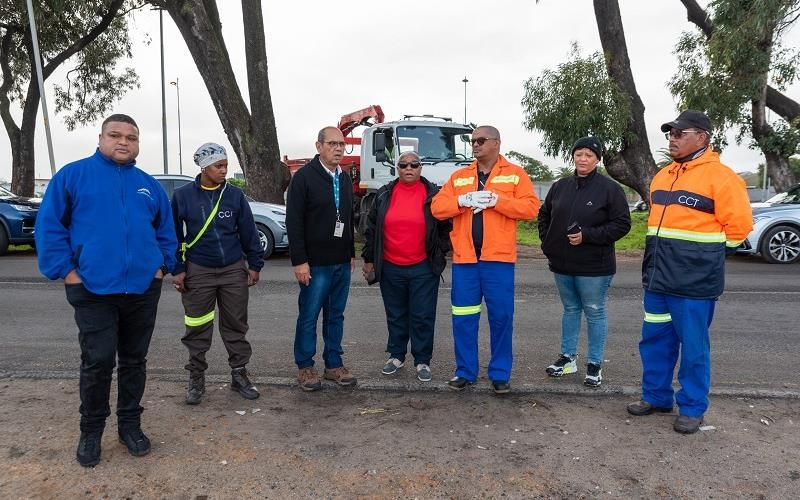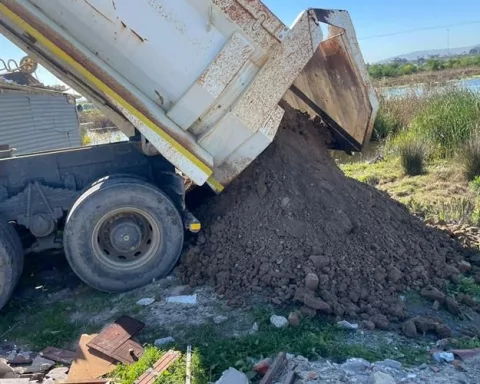As Cape Town prepares for the onset of winter, the Urban Waste Management (UWM) Directorate is taking a proactive approach to minimize the adverse impacts of the season. One of the ways in which they are doing this is through the R48 million Winter Preparedness Programme.
Preventing Stormwater Blockages, Pollution, and Flooding
The Winter Preparedness Programme is aimed at preventing stormwater blockages and flooding in hotspot areas across the city. The programme is run by the Cleansing Branch and is in addition to the ongoing services provided throughout the year.
The main goal of the programme is to prevent pollution of rivers and waterways that can result from heavy rains. These rains can carry a significant amount of litter and organic waste into storm drains, causing blockages, floods, and even flowing into rivers, vleis and eventually, the ocean.
Extensive Range of Activities
The Winter Readiness Programme operates five days a week, with teams working eight-hour shifts daily from Monday to Friday. It includes a wide range of activities such as street sweeping, removal of illegal dumping, installation and servicing of street litter bins, water tank vehicle street washing, scheduled mechanical street sweeping of highways and byways, litter picking on open spaces, verges, and river banks, and even the removal of seal carcasses from beaches.
The programme has also created job opportunities, with 1,398 temporary Expanded Public Works Programme (EPWP) recruitments. Despite recruitment challenges faced in certain communities that only accept workers from their immediate area, efforts are made to minimize disruptions as much as possible.
The Importance of Public Participation
Alderman Grant Twigg, Mayoral Committee Member for Urban Waste Management, urged residents to recognize that littering is one of the primary causes of flooding during winter rains. He called for the use of solid waste services provided for disposing of waste responsibly and encouraged communities to take part in clean-up campaigns. Twigg stressed that it is the responsibility of everyone to keep Cape Town clean.
Cape Town’s Commitment to Environmental Challenges
The UWM Directorate’s Winter Preparedness Programme demonstrates Cape Town’s commitment to addressing environmental challenges through timely and strategic initiatives. By combining focused efforts with active community involvement, the city strives to minimize the adverse effects of seasonal changes, ensuring a cleaner and safer environment for all residents and wildlife.












